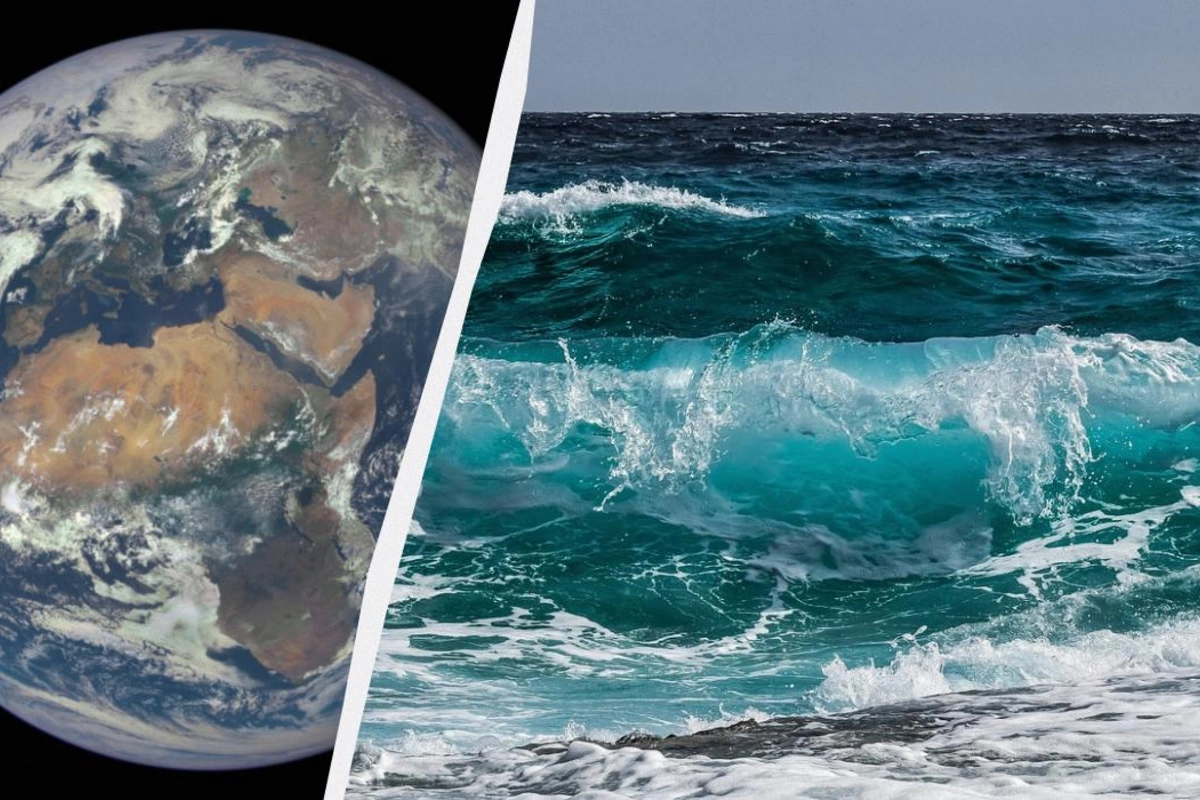What will happen if all life in the ocean disappears? - A disturbing statement

If all ocean life disappears, the level of carbon dioxide in the atmosphere could rapidly increase, accelerating global warming. This conclusion was reached by scientists from NORCE and the Bjerknes Centre for Climate Research (Norway) after conducting large-scale climate modeling, reports Earth.com.
Oceans absorb about 25% of anthropogenic CO₂ emissions annually, and marine organisms play a key role in this process. Researchers modeled two scenarios: one with the preservation of marine life, the other with its complete disappearance. The results were alarming: in conditions of complete extinction of oceanic organisms, the concentration of CO₂ in the atmosphere would increase by 50%.
Terrestrial ecosystems cannot cope alone
According to study co-author Damien Couespel, in such a scenario, terrestrial ecosystems could partially compensate for the loss - they would absorb about half of the carbon dioxide that is no longer assimilated by the ocean. However, this is not enough to stabilize the climate.
Ocean life - an irreplaceable carbon filter
Scientists emphasize that biological processes in the ocean, such as the work of the "biological carbon pump," have a much greater impact on climate than previously thought. "Without living organisms in the surface layers of the ocean, the level of CO₂ in the water rises sharply, causing the ocean to stop effectively absorbing carbon dioxide from the atmosphere," explained the study's lead author, Jerry Tjiputra.
Warming will accelerate
The modeling, which covered both the pre-industrial era (before 1850) and a future with high emissions, showed: in any case, the absence of marine life leads to a sharp increase in CO₂ concentration in the atmosphere and an intensification of global warming.
"Our data clearly show that marine and terrestrial life jointly regulate the climate, and protecting marine ecosystems is one of the keys to combating climate change," Tjiputra concluded.
Similar News
Astronomers reported a powerful explosion on the side of the Sun hidden from Earth
An extremely powerful double explosion was recorded on the far side of the Sun last night. This was reported by the Laboratory of Solar Astronomy at the Space R...




 Azərbaycanca
Azərbaycanca  По-русски
По-русски  English
English 





